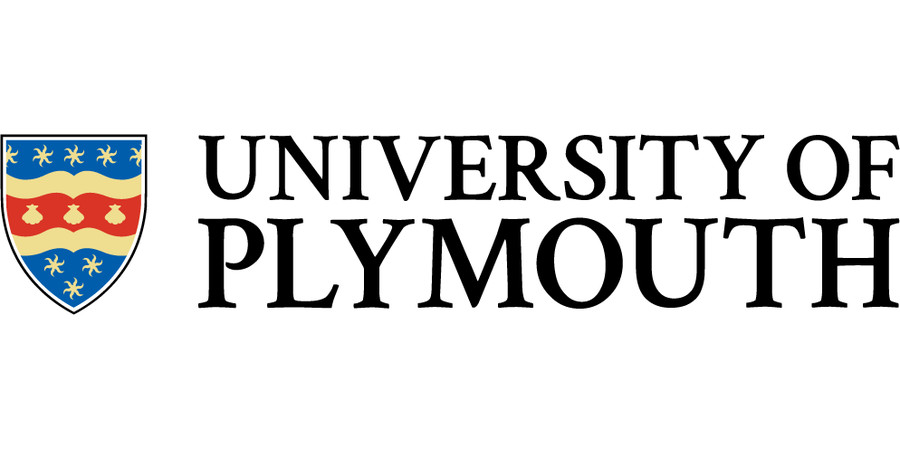PhD Physical Geography - “Dynamics of Land-to-Lake Transfers in the Lake Victoria Basin “
University of Plymouth
| Qualification Type: | PhD |
|---|---|
| Location: | Devon, Plymouth |
| Funding for: | UK Students, EU Students, International Students |
| Funding amount: | £20,780 per annum 2025-26 rate (2026-27 UKRI rate TBC) |
| Hours: | Full Time |
| Placed On: | 13th November 2025 |
|---|---|
| Closes: | 7th January 2026 |
DoS: Dr Michael Watts, British Geological Survey (mwatts@bgs.ac.uk)
2nd Supervisor: Professor Will Blake (william.blake@plymouth.ac.uk)
3rd Supervisor: Dr Olivier Humphrey, British Geological Survey
4th Supervisor: Professor Odipo Osano, University of Eldoret
Applications are invited for a 3.5 years PhD studentship. The studentship will start on 01 October 2026
Project Description
Background
The Winam Gulf catchment of Lake Victoria has historically been affected by poor land management practices leading to soil erosion, loss of agricultural productivity, flooding and downstream impact on lake ecology and associated fisheries. A gap in local knowledge/data and technical capacity to coordinate and deliver usable data tools was identified. This gap inhibits the dynamic understanding of the impact of soil degradation on soil-to-crop dynamics and subsequent impact on lake ecosystem/human health via the food chain. This is particularly pertinent given the growing importance of aquaculture to economic and food security in the Lake Victoria basin. Limited resources to monitor and regulate land degradation and inputs into the lake environment require scalable geospatial tools to direct limited resources for the mitigation of land degradation.
Methodology
The project will encompass two principle tasks:
(1) Landscape-farm scale survey to examine how different land management scenarios impact soil erosion and subsequent effect on land-to-lake dynamics using isotope tracer and source apportionment methodology at test sites in the Winam Gulf.
(2) Explore use of remote sensing data and machine learning-ML to identify potential for upscaling a GIS model versus field collected geochemistry data to inform areas that would benefit from soil erosion mitigation and protection from land clearance.
Training
To achieve these tasks, the student will receive training in field collections and community engagement, specialist laboratory techniques and data/statistical techniques in two phases:
(1) Using on-going data capture, evaluate the potential apportionment of soil/sediment chemistry to sources and locations from established field experimental plots and catchments-valleys identified from baseline data using isotope tracer and source apportionment.
(2) Incorporation of remote sensing data with field collected data to provide a predictive model for soil erosion at local and regional scales.
Person specification
The candidate should have an earth/environmental science or chemistry degree and willing to undertake fieldwork in Kenya. An aptitude for laboratory work and data handling skills would be desirable.
Eligibility
Applicants should have a first or upper second class honours degree in Chemistry, Earth, Environmental, or Biological Science or a relevant Masters qualification. An aptitude for laboratory work and/or data handling skills are essential, along with a willingness to undertake fieldwork in Kenya would be desirable.
If your first language is not English, you will need to meet the minimum English requirements for the programme, IELTS Academic score of 6.5 (with no less than 5.5 in each component test area) or equivalent.
Successful candidates who meet UKRI’s eligibility criteria will be awarded a fully-funded ARIES studentship of fees, maintenance stipend, £20,780 p.a. for 2025/26 (2026/27 rate TBC) and research costs.
If you wish to discuss this project further informally, please contact Dr Michael Watts mwatts@bgs.ac.uk or Professor Will Blake, william.blake@plymouth.ac.uk.
Please see here for a list of supporting documents to upload with your application.
Please click on the 'Apply' button above for further information and to apply.
The closing date for applications on 7th January 2026.
Advert information
Type / Role:
Subject Area(s):
Location(s):









